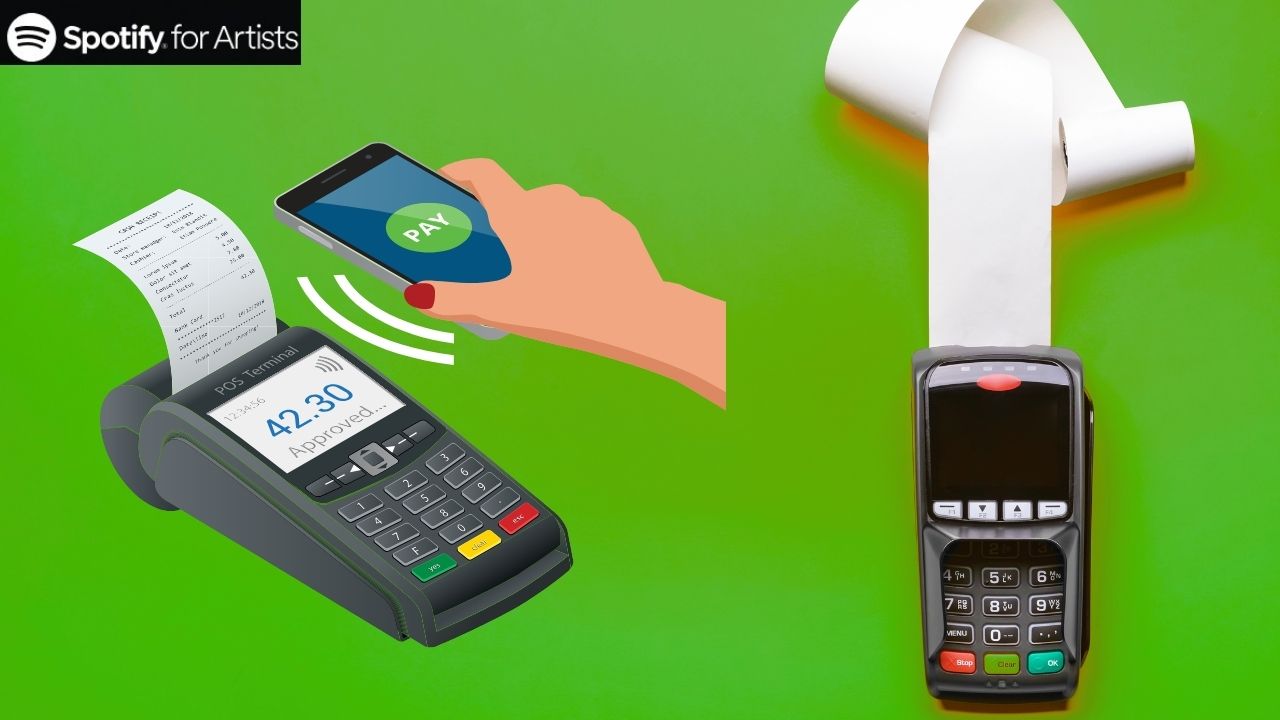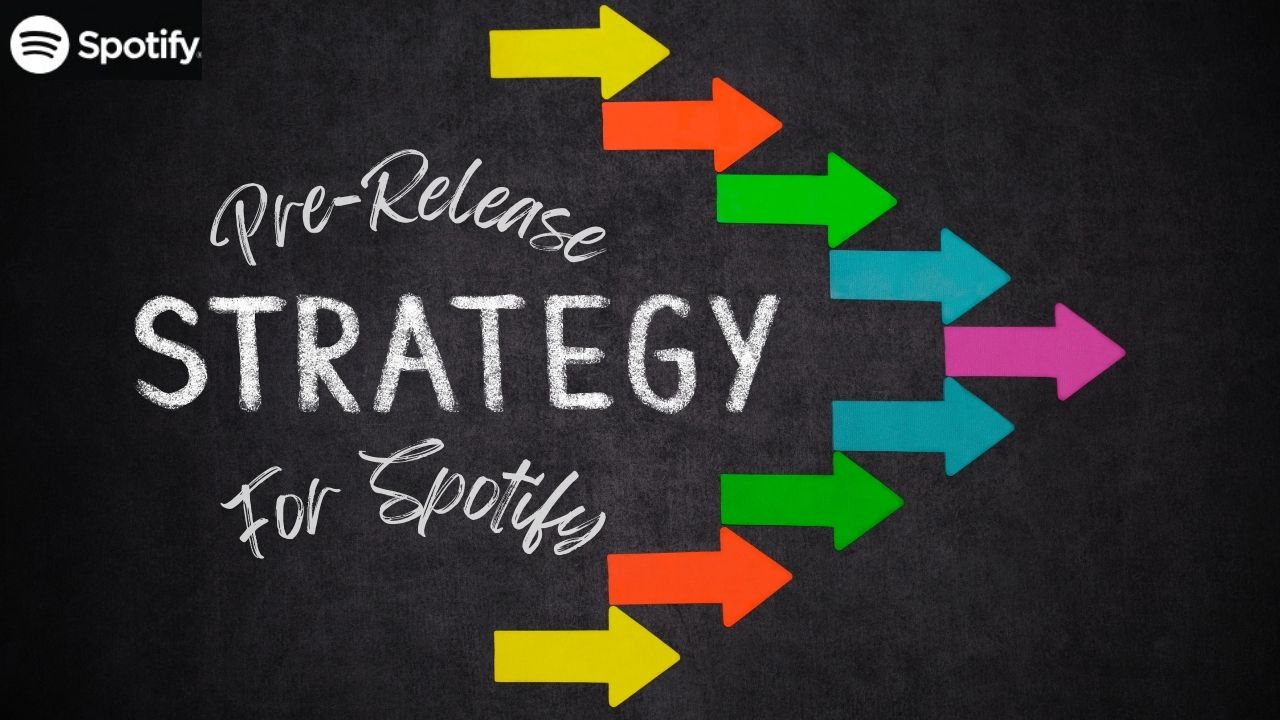Tough, it is really tough to be a musician, especially in the early days or stages of your career. You would be having this question, do you need an artist manager? Well, you are thinking in the right direction. Hiring an artist manager is critical if you truly and wholeheartedly want to get a firm hold in the music industry. Because of the amount of work required, it is really tough indeed to build a career in the industry.
You would need constant engagement with promoters, fans, radio stations, and even music journalists. It is natural that all these tasks will leave you short of time for creating music.
An artist manager handles all of these day-to-day businesses so that you can focus on being a musician and create awesome music. Managers do a lot of things, all of which are focused on creating more opportunities for you. They are the ones strategizing the direction you should go in or they steer you towards the right one.
Why Do You Need an Artist Manager?
Still thinking about what a manager would do for you and why you would need one? Here’s a detailed look:
1. Building a Team
Building a team is not a small task. It involves booking agents, accountants, publicists, lawyers, radio trackers, and other people who make sure that the strategy to build your career is rock solid. A manager coordinates all these individuals and ensures they work harmoniously towards your success.
2. Handling Logistics
A manager talks to the labels, coordinates with venues and promoters, and other people on your behalf, reducing most of your workload. This allows you to focus on your music while the manager takes care of the logistics.
3. Finding Revenue Streams
He/She also tracks down sponsors and other income streams including ad placements, endorsements, and other income opportunities. A manager’s job is to find ways to monetize your talent effectively.
4. Managing Finances and Schedules
Making sure your taxes, merchandise, and schedules are in order is crucial. A manager ensures that your finances are managed properly and that you are on schedule with all your commitments.
5. Industry Introductions
Introducing you to the industry can significantly boost your career. A manager uses their network to get you noticed by key industry players, which can lead to more opportunities.
The Benefits of Having an Artist Manager
An artist manager can handle all of these things effortlessly. But management doesn’t come free, which is why it is important for you to find a manager who can vibe with you, take your vision into consideration, and do what’s best for your career.
1. Increased Exposure
The major benefit of a manager is the exposure it brings along. Your manager will help you and expose you to the masses, using his or her contacts. He or she can get you gigs, reviews, attention from record labels, and also push platforms to promote you as an artist. Even though there are a few restrictions on how much the manager can do for you, they are able to raise awareness about you as an artist. Since the network they carry is vast, their networking could contribute a lot to your success.
2. Focus on Music Creation
With a manager handling the business side of things, you can focus on what you do best – creating music. This would enable you to have enough artistic time for yourself to keep on creating the best possible music, setting fire to the charts.
Considerations When Hiring an Artist Manager
While the benefits are significant, hiring a manager also involves certain considerations. It is important to understand these aspects to make an informed decision.
1. Cost
Sometimes hiring a manager can get really expensive and may not also be easy to find. For that reason, some artists opt for share management companies. Instead of hiring a full-time person, they hire a company that manages many artists along with you. This can be a cost-effective solution to begin with.
2. Compatibility
Finding a manager who aligns with your vision and can work well with you is crucial. The right manager should understand your goals, be passionate about your music, and be willing to work hard to help you succeed.
3. Trust and Communication
Trust and communication are key in the artist-manager relationship. You need to trust your manager to make the right decisions on your behalf and maintain open lines of communication to ensure you are both on the same page.
Advanced Strategies for Working with an Artist Manager
1. Setting Clear Goals
When you decide to hire a manager, it’s essential to set clear, achievable goals. This could include targets for music releases, audience growth, revenue streams, and more. Having clear goals helps both you and your manager stay focused and aligned.
2. Regular Updates and Reviews
Regular updates and reviews of your progress are crucial. Schedule regular meetings with your manager to discuss what’s working, what’s not, and how to adjust your strategies accordingly. This ensures that you are always moving in the right direction.
3. Leveraging Manager’s Network
Maximize the use of your manager’s network. Attend events, meet new people, and make connections that can help further your career. Your manager’s contacts can open doors that you might not be able to access on your own.
Trends in Artist Management for 2024
As we move into 2024, staying updated with the latest trends in artist management can give you an edge. Here are some trends to watch:
1. Digital Presence Management
With the rise of digital platforms, managing an artist’s online presence has become crucial. Managers are now focusing more on social media strategies, digital marketing, and online fan engagement to build and maintain an artist’s presence.
2. Data-Driven Decisions
The use of data analytics to make informed decisions is becoming more prevalent. Managers are leveraging data to understand audience preferences, track engagement, and measure the success of various campaigns.
3. Virtual Events and Performances
Virtual events and performances have gained popularity and are likely to continue growing. Managers are exploring innovative ways to create engaging virtual experiences for fans, from live-streamed concerts to interactive online events.
Conclusion
In conclusion, do you need an artist manager? The answer depends on your career goals, the stage you are at in your music career, and your willingness to invest in professional management. An artist manager can provide significant benefits, including increased exposure, efficient handling of logistics, and more time for you to focus on creating music. However, it’s essential to carefully consider the cost, compatibility, and trust factors when hiring a manager. By following the tips and strategies outlined in this guide, you can make an informed decision and take your music career to the next level with the right artist manager by your side.























Leave a Reply